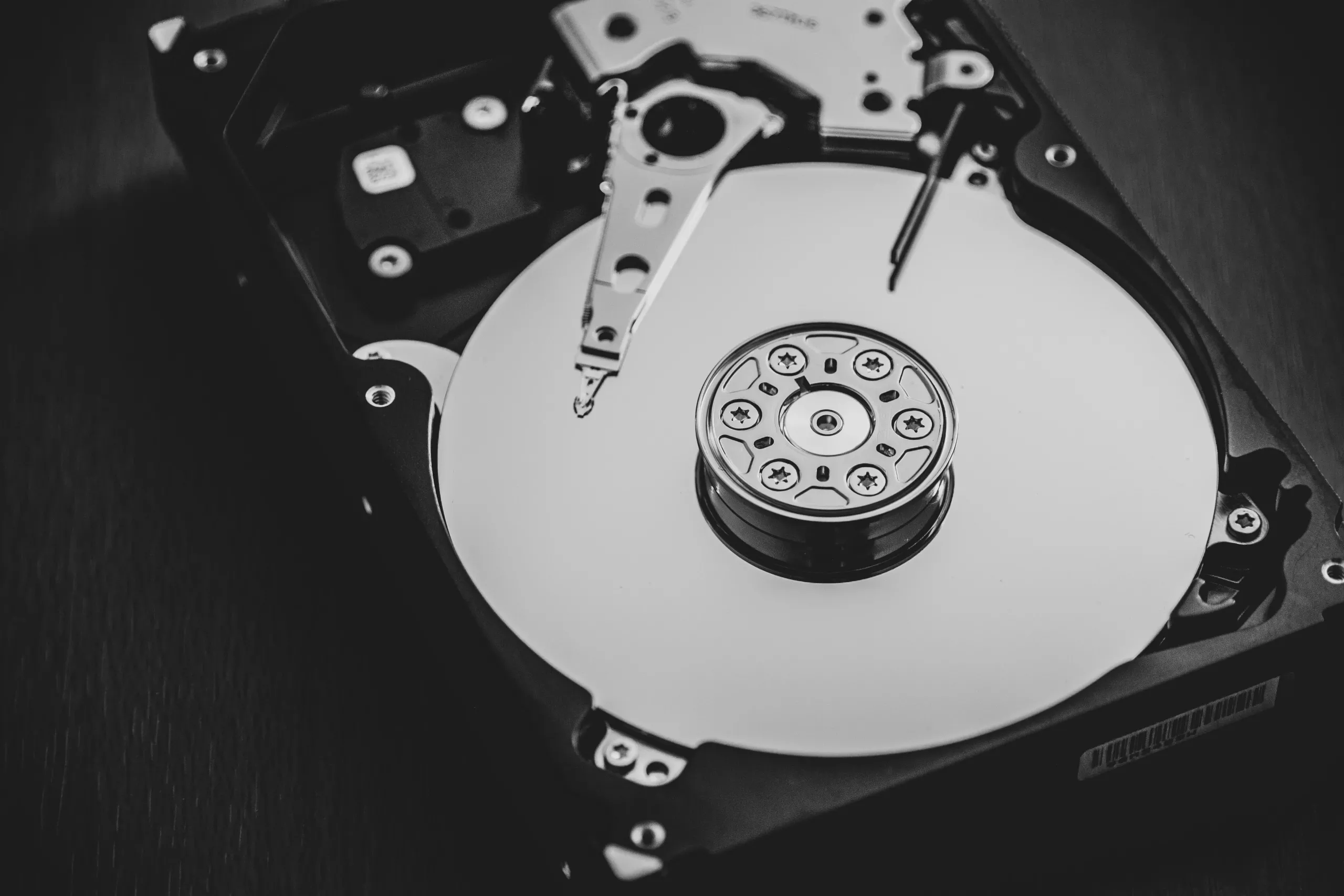In context: Most consumer electronics nowadays tend to use solid-state storage, but that doesn't mean that the use of HDDs halted. In applications where the price-storage ratio is the decisive factor, HDDs remain the best solution, meaning that further developing the technology is certainly worth the effort.

A team of researchers from the University of Cambridge Graphene Centre discovered that through the use of graphene, HDD storage capacity can be multiplied by ten. A team at the University of Exeter and other teams located in India, Switzerland, Singapore, and the US also helped with the discovery.
One of the main components of a HDD is the platter, which is usually covered in carbon-based overcoats (COCs) for protection. Through the continuous development of these layers, their thickness has reduced from 12.5nm to 3nm, resulting in a data density of 1TB per square inch.
Also read: Anatomy of a Storage Drive - Hard Disk Drives
By replacing between one and four COCs with graphene layers, researchers found that it's possible to increase data density tenfold. After testing graphene layers' friction, wear, corrosion, thermal stability, and lubricant compatibility, they found that graphene "enables two-fold reduction in friction and provides better corrosion and wear than state-of-the-art solutions" and reduce corrosion by 2.5 times.

The HDD used for testing is based on another fairly recent technology used for high-density drives called Heat-Assisted Magnetic Recording (HAMR), which Seagate plans to use on its 20+ TB drives. In HDDs featuring HAMR, the recording layer is heated up to temperatures that COCs can't handle. So, by introducing graphene layers, researchers were able to increase data density by over 10 TB per square inch.
"This work showcases the excellent mechanical, corrosion and wear resistance properties of graphene for ultra-high storage density magnetic media," stated Professor Andrea C. Ferrari, director of the Cambridge Graphene Centre. "Considering that in 2020, around 1 billion terabytes of fresh HDD storage was produced, these results indicate a route for mass application of graphene in cutting-edge technologies."
Masthead credit: Denny Müller
https://www.techspot.com/news/89983-coating-hamr-hdd-platters-graphene-could-increase-storage.html